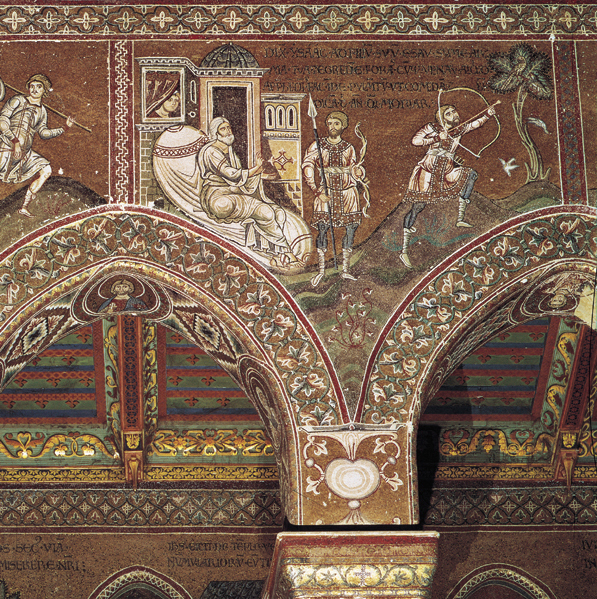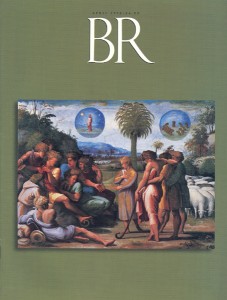
At the risk of shocking my reader, I feel compelled to reveal my sympathy for a character that the Bible seems to treat rather badly. I am talking about Esau, the elder brother of Jacob. I feel sorry for him. I imagine him alone, always alone, bitter and unhappy. Except for his old father, blind and powerless, no one loves him. And his mother less than the rest of the world. Her mistrust of him is mixed with dislike. We can imagine her plotting against him. It is not surprising that Esau is rarely at home; perhaps he feels like an intruder there. The fields and forests are his kingdom.
Why does Rebecca loathe her older son? Even before giving him life, she resents him. Citing the sages, Rashia gives us the answer: Pregnant with twins, Rebecca felt them stirring in different places inside her. When she passed before a house of study, Jacob wanted to come out. Before a place consecrated to idols, it was Esau who hastened to be born.
Even in their mother’s belly, they quarreled. Puzzled, Rebecca went to Shem in his yeshiva and asked him for an explanation. Shem predicted their future: One would be good, the other bad; each would found a nation, and the two would not be able to live together peacefully; when one nation ascended, the other would decline. So this is why Isaac’s wife, deeply religious, favored her younger son. As did God. Does the Bible not say that “the older shall be servant to the younger?” (Genesis 25:23).
Already a library member? Log in here.
Institution user? Log in with your IP address.

